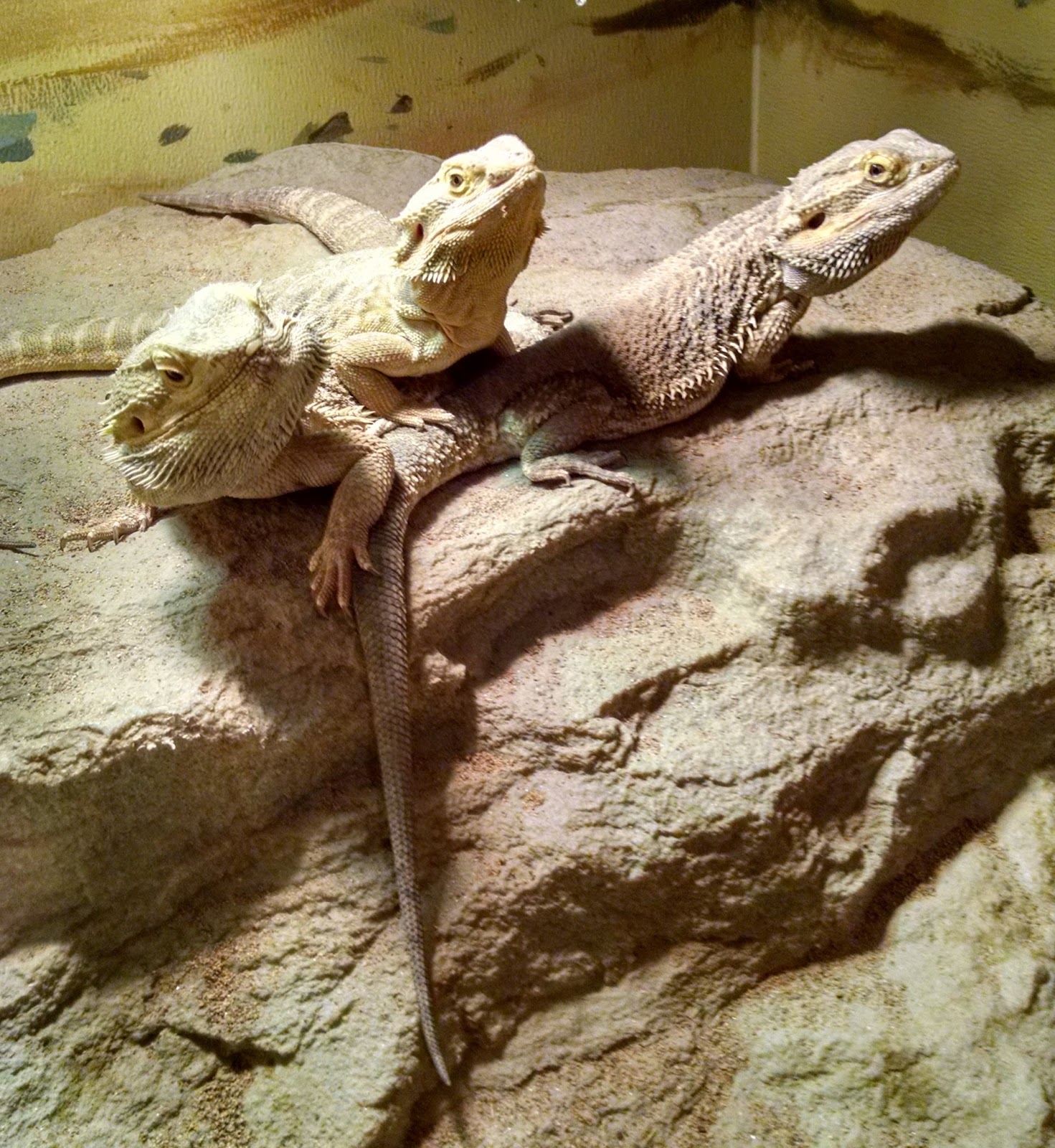Bearded Dragon Parasites: Symptoms and Treatment
Overview of Bearded Dragon Parasites
Bearded dragons are beloved pets that are known for their docile and friendly personalities. As with all pets, they are susceptible to health issues, with parasitic infections being one of the most common. Parasites in bearded dragons can cause a wide range of symptoms and negatively impact their overall health. In this post, we will discuss the signs and symptoms of bearded dragon parasites and what to do if you suspect your pet is infected.
Types of Parasites in Bearded Dragons
There are several types of parasites that bearded dragons can become infected with, including:
- Protozoa (such as coccidia)
- Nematodes (such as pinworms and roundworms)
- Cestodes (tapeworms)
- Ectoparasites (such as mites and ticks)
Symptoms of Bearded Dragon Parasites
Identifying the symptoms of bearded dragon parasites is crucial for timely treatment. Some common indications that your bearded dragon may have parasites include:
- Weight loss
- Decreased activity
- Diarrhea
- Constipation
- Lethargy
- Loss of appetite
- Stunted growth
- Swollen abdomen
- Vomiting
Diagnosis of Bearded Dragon Parasites
If you suspect your bearded dragon has parasites, it is important to take them to a reptile veterinarian for diagnosis. The vet will conduct a fecal exam to identify the type of parasite causing the infection. Depending on the results, further testing or treatment may be required.
Treatment of Bearded Dragon Parasites
The treatment for bearded dragon parasites depends on the type and severity of the infection. The vet may prescribe medications, such as antiparasitic drugs, to eliminate the infestation. Your bearded dragon may also require supportive care, such as fluids or nutritional supplements, to help them recover. In severe cases, hospitalization may be necessary.
Prevention of Bearded Dragon Parasites
Preventing bearded dragon parasites requires proactive care and attention to the cleanliness of their living environment. Some tips for preventing parasitic infestations in bearded dragons include:
- Clean the terrarium regularly
- Discard uneaten food promptly
- Wash your hands before handling your bearded dragon
- Quarantine new reptiles before introducing them to your bearded dragon
- Provide a balanced diet and clean water
- Maintain appropriate temperatures and humidity levels in the terrarium
Conclusion
Bearded dragon parasites can be a serious health issue if left undiagnosed and untreated. Knowing the symptoms and taking preventative measures can help ensure your pet’s health and wellbeing for years to come. If you are concerned about your bearded dragon’s health, don’t hesitate to consult a veterinarian.

